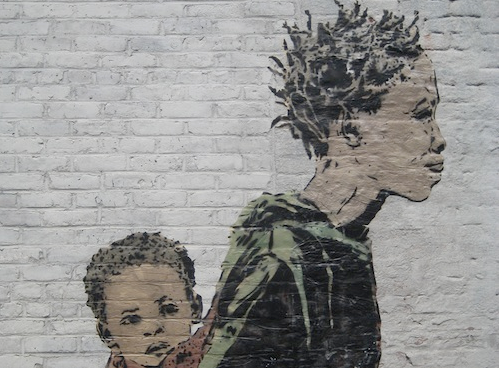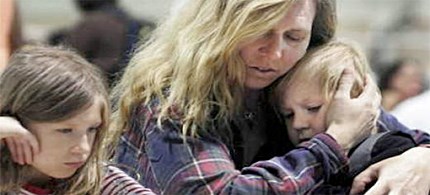
As we approach the last few days of March, not only should we celebrate the contributions of women — past and present — throughout our nation's history, we must also reflect on the next generation of trailblazers and our responsibility to ensure their success.
For most women, finding the work-life balance is a daily challenge. Oftentimes, parenthood falls second to profession particularly in single-parent households struggling to meet their financial obligations. From pay inequality to a minimum wage of $8 an hour, women are at a disadvantage.
Wage discrimination challenges our belief in equal employment opportunity, leading to poverty and government dependency. Budgetary cuts have put families at risk for homelessness and hunger, with no alternatives.
According to Laura D'Andrea Tyson, a professor at the Haas School of Business at the University of California, Berkeley, the minimum wage is one of two policies that would help low-wage workers and their families.
In The Significance of the Minimum Wage for Women and Families, a blog post published earlier this month by the New York Times, Tyson cites vital statistics that reflect the state of our labor force and its impact on American families.

Further complicating the issue is that the wage inequity is even disparate along racial lines. Black and Latina women earn even less than White women, 84.6 cents and 73.7 cents on the dollar respectively compared to White women.
Seventy-five percent of workers in the 10 lowest-paid occupations and 60 percent of minimum wage workers are women. There are 7.1 million working families with children in single-parent households headed by women, of which 58 percent are low-income.
The majority or three-quarters, of female minimum wage workers are over the age of 20 and raising a child or children on their own.
Women lack accessibility to the resources that will enable them to become self-sufficient. We need to do a better job at addressing the issues that not only impacts women, but the family as a whole. The responsibility of raising a child or children should not fall solely on the custodial parent.
Child support is an obligation that many parents have managed to circumvent for years without immediate consequences and to the detriment of innocent children.
Some women have managed to turn their trials into triumphs by becoming their own boss. Unfortunately, many women-owned businesses are not certified as Minority Women-owned Business Enterprise (M/WBE) and therefore ineligible for government contracts. Small businesses create jobs which bolster our economy.
Education, particularly financial literacy, is critical to the success of our community and yet, it is not a course offered in every one of our city schools.
We cannot expect to move forward as a nation if we continue to ignore the needs of women irrespective of their socioeconomic, cultural, academic, or professional background. Our mothers, sisters, and daughters deserve better. Turning our backs on women would be unconscionable.
Women should not be on the sidelines but seated at the table, adding their voice to future legislation that will shape the legacy we leave behind for our children.
We must continue our commitment to equality for women by addressing these issues and maintaining focus on it well beyond March.
We must ensure that pay equity become law in NYS, we must encourage financial literacy and business education, and we must establish pipelines to procurement opportunities for women, especially women of color who demonstrate an interest and willingness to become entrepreneurs.



